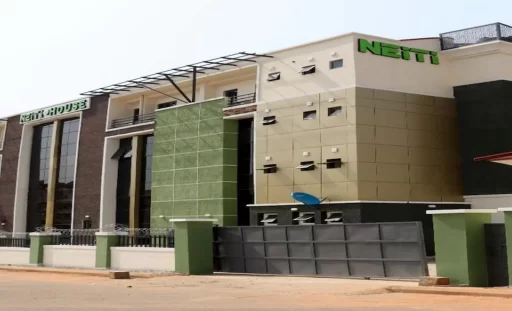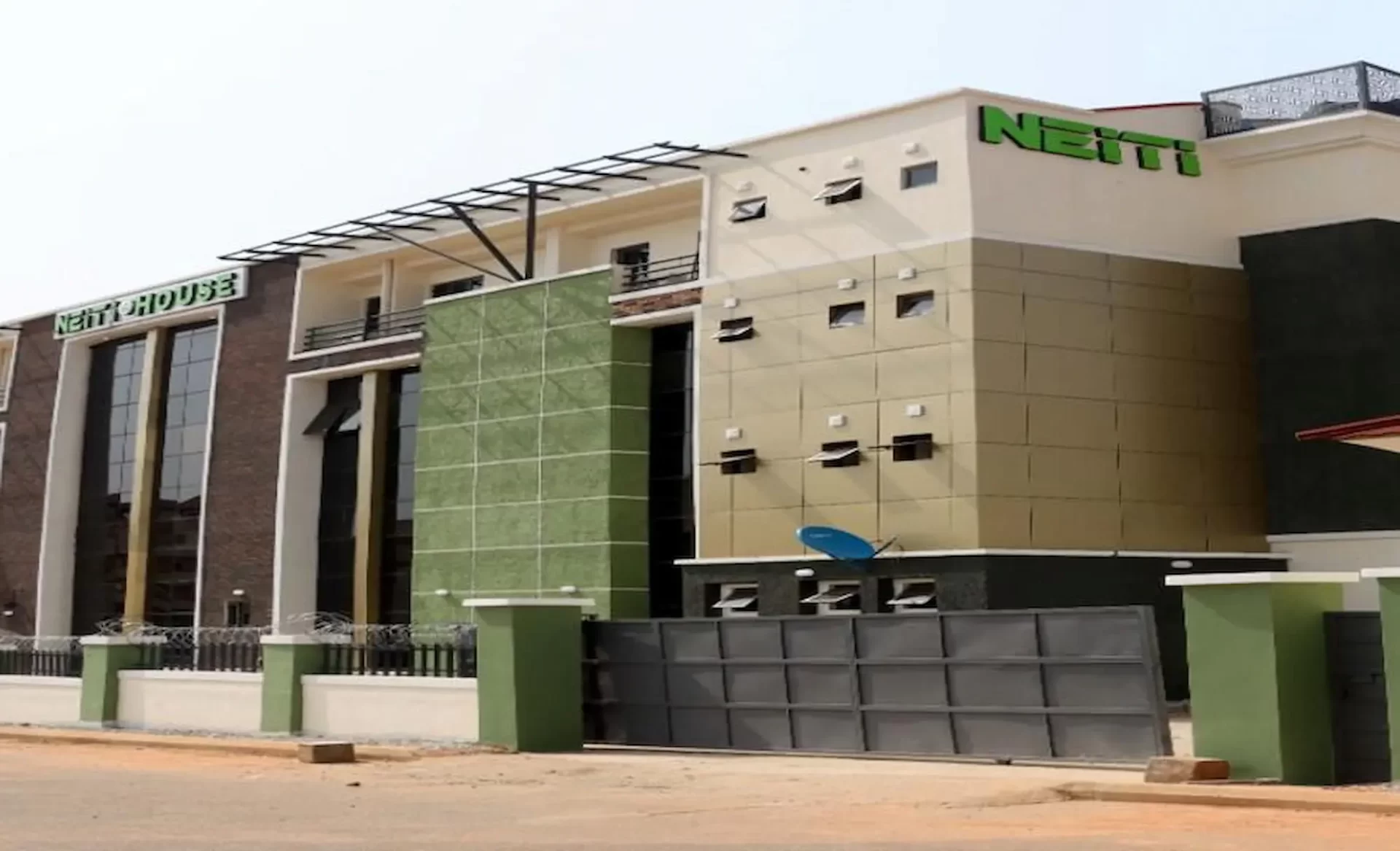Nigeria Loses $3.3bn to Oil Theft, Sabotage in Two Years — NEITI
By Naija Enquirer Staff
Nigeria lost about 13.5 million barrels of crude oil valued at $3.3 billion to theft and pipeline vandalism between 2022 and 2023, according to the Nigeria Extractive Industries Transparency Initiative (NEITI).
The agency described the losses as a major blow to public revenue, stressing that the amount could have funded a full year of the federal health budget or expanded energy access to millions of Nigerians.
NEITI Raises Alarm Over Oil Theft Impact
The Executive Secretary of NEITI, Dr. Ogbonnaya Orji, disclosed this on Thursday at the 2025 Conference of the Association of Energy Correspondents of Nigeria (NAEC) in Lagos.
“These losses are not just economic, they represent broken trust, institutional weaknesses, and missed opportunities for national progress,” Orji stated.
He noted that the figures reflect not only financial loss but also a deep-seated governance challenge in the nation’s extractive sector, calling for urgent reforms to ensure accountability and transparency.
“This is precisely why transparency and accountability are not optional — they are existential. Without them, Nigeria cannot achieve sustainable growth in its energy industry.”
Transparency, Not Oil Reserves, Will Define Nigeria’s Energy Future
Speaking on the conference theme, “Nigeria’s Energy Future: Exploring Opportunities and Addressing Risks for Sustainable Growth,” Orji stressed that the nation’s energy destiny will not be determined by the volume of its oil and gas reserves, but by the transparency and prudence with which its natural resources are managed.
He said the era of secrecy in resource governance was over and called for data openness across every level of the value chain, emphasizing that transparency is an economic necessity that fosters investor confidence and drives innovation.
“Data builds trust, and trust drives investment. At NEITI, we have made it clear that transparency is the foundation for economic competitiveness and national development.”
Recovering ₦1.5 Trillion in Outstanding Remittances
Citing the agency’s latest industry audit, Orji revealed that Nigeria earned $23.04 billion in 2021 and $23.05 billion in 2022 from the oil and gas sector. However, he said the reports also identified ₦1.5 trillion in outstanding remittances owed to the Federation Account by some oil companies and government agencies.
Recovering these funds, he added, would significantly strengthen public finances and support critical investments in energy, education, and healthcare.
NEITI’s Reform and Governance Achievements
Highlighting the agency’s progress, Orji said NEITI has transformed from an audit institution into a broader governance reform agency, using data and policy reforms to enhance accountability in Nigeria’s extractive industries.
Over the past decade, NEITI has institutionalized regular audits of the oil, gas, and solid minerals sectors, tracking production, payments, and remediation efforts.
He also noted that NEITI has developed the Nigeria Beneficial Ownership Register, which unmasks the real owners of more than 4,800 extractive assets — a key tool in combating corruption, illicit financial flows, and tax evasion.
The agency has further established the NEITI Data Centre, a national open-data platform providing real-time public access to vital industry information.
Collaborations to Deepen Transparency
Orji explained that NEITI has strengthened collaboration with regulatory bodies including the Nigerian Upstream Petroleum Regulatory Commission (NUPRC), Nigerian Midstream and Downstream Petroleum Regulatory Authority (NMDPRA), and the Nigerian Content Development and Monitoring Board (NCDMB), to deepen transparency in licensing, metering, and host community trust management.
These partnerships, he added, are designed to make openness and accountability the DNA of Nigeria’s extractive sector.
Driving a Transparent Energy Transition
The NEITI boss also highlighted the agency’s introduction of a Just Energy Transition and Climate Accountability Framework, aimed at ensuring that Nigeria’s transition to cleaner energy sources is transparent, inclusive, and equitable.
He said while the country positions gas as its transition fuel and renewables as its long-term energy source, there is a growing need for verifiable data, open contracting, and measurable emissions reporting.
“Our energy future must rest on verifiable data, open contracts, measurable emissions, and accountable institutions,” Orji emphasised.
He reaffirmed NEITI’s commitment to promoting transparency and ensuring that every barrel produced, every cubic foot of gas commercialised, and every naira earned contributes to national development in full public view.
“Transparency is the bridge between resource wealth and shared prosperity. It is not merely a policy — it is the economic lifeline that will determine whether Nigeria’s natural resources become a blessing or a burden.”







